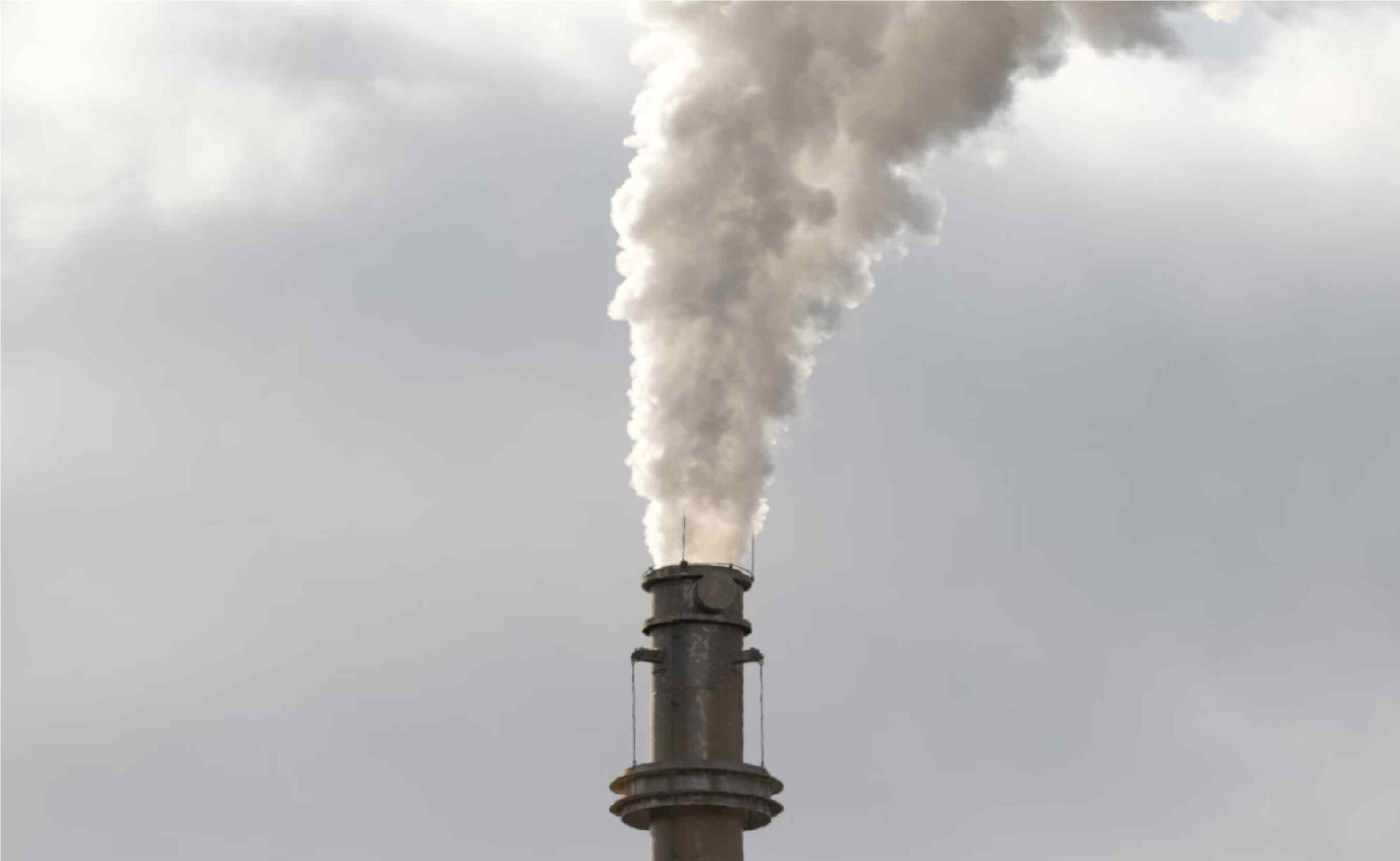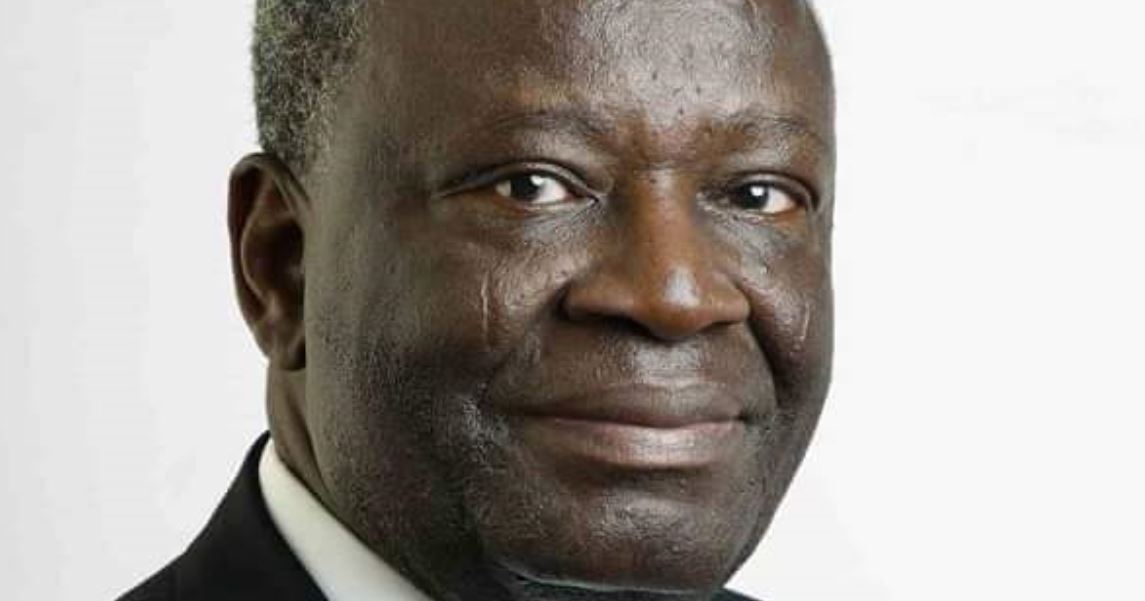The United Nations Framework Convention on Climate Change (UNFCCC), on October 28, 2025 underscores cautious optimism for Nigeria. It shows that emissions are on a downward path, but “slow progress” risks locking in higher warming.
This report is a synthesis of the updated climate action plans (NDCs) submitted by 64 countries between January 2024 and September 2025 Nigeria. These countries constitute about 30% of global greenhouse gas (GHG) emissions.
Despite the projected decline, the UN report flags Nigeria’s trajectory as inadequate for 1.5°C compatibility without external support.
Nigeria faces challenges and gaps in implementation. While policies like the 2021 Climate Change Act and National REDD+ Strategy exist, execution is hampered by underfunding. Only 10-20% of the needed investments have been secured, and political instability is mounts.
More so, despite its dependence on fossil fuels, Nigeria plans new oil/gas fields. This contradicts IEA net-zero scenarios, which call for 41% oil and 13% gas production cuts by 2030. CAT rates Nigeria’s efforts as “insufficient” overall.
In addition to these, climate impacts could exacerbate conflicts like the herder-farmer clashes. If this situation is not properly handled, it could reverse SDG progress.
The report calls for $100 billion+ annual climate finance flows to developing nations like Nigeria, focusing on loss-and-damage funds.
Nigeria must also ramp up renewables, enforce gas flaring penalties, and integrate NDCs with SDGs. Moe so, it must report progress in its Second Biennial Transparency Report. COP30, coming up in November 2025, will review NDC alignment.
In its NDC 3.0, Nigeria commits to absolute emissions reductions for the first time.
Key Highlights from the UNFCCC 2025 NDC Synthesis Report
UN Climate Change Executive Secretary Simon Stiell noted: “The data shows both progress and the urgency for stronger action.”
If implemented, the NDCs would reduce emissions by 17% from 2019 levels by 2035, a 6% improvement over prior 2030 targets but this is insufficient for 1.5°C.
Major non-submitters including China, India, EU, Indonesia represent 64% of global emissions, so the full picture is incomplete.
The report praises Nigeria’s shift to absolute targets as “ambitious” for a developing nation but notes it’s conditional on $337 billion in international finance for mitigation and adaptation.




